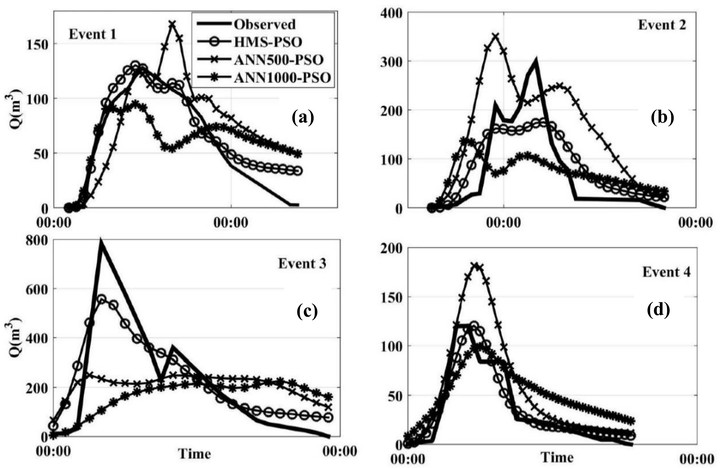[13] Reducing computational costs of automatic calibration of rainfall-runoff models: Meta-models or high-performance computers?

Abstract
Robust calibration of hydrologic models is critical for simulating water resource components; however, the time-consuming process of calibration sometimes impedes the accurate parameter estimation. The present study compares the performance of the two approaches applied to overcome the computational costs of automatic calibration of the HEC-HMS (Hydrologic Engineering Center-Hydrologic Modeling System) model constructed for Tamar basin located in north of Iran. The model is calibrated using Particle Swarm Optimization (PSO) algorithm. In the first approach, a machine learning algorithm, i.e. Artificial Neural Network (ANN) was trained to act as a surrogate for original HMS (ANN-PSO), while in the latter, the computational tasks were distributed among different processors. Due to inefficacy of preliminary ANN-PSO, an efficient adaptive technique was employed to boost training and accelerate the convergence of optimization. We found that both approaches were helpful in improving computational efficiency. For jointly-events calibrations schemes, meta-models outperformed parallelization due to effective exploration of calibration space, where parallel processing was not practical owing to the time required for data sharing and collecting among many clients. Model approximation using meta-models become highly complex, particularly in the presence of combining more events, because larger numbers of samples and so longer training times are required.